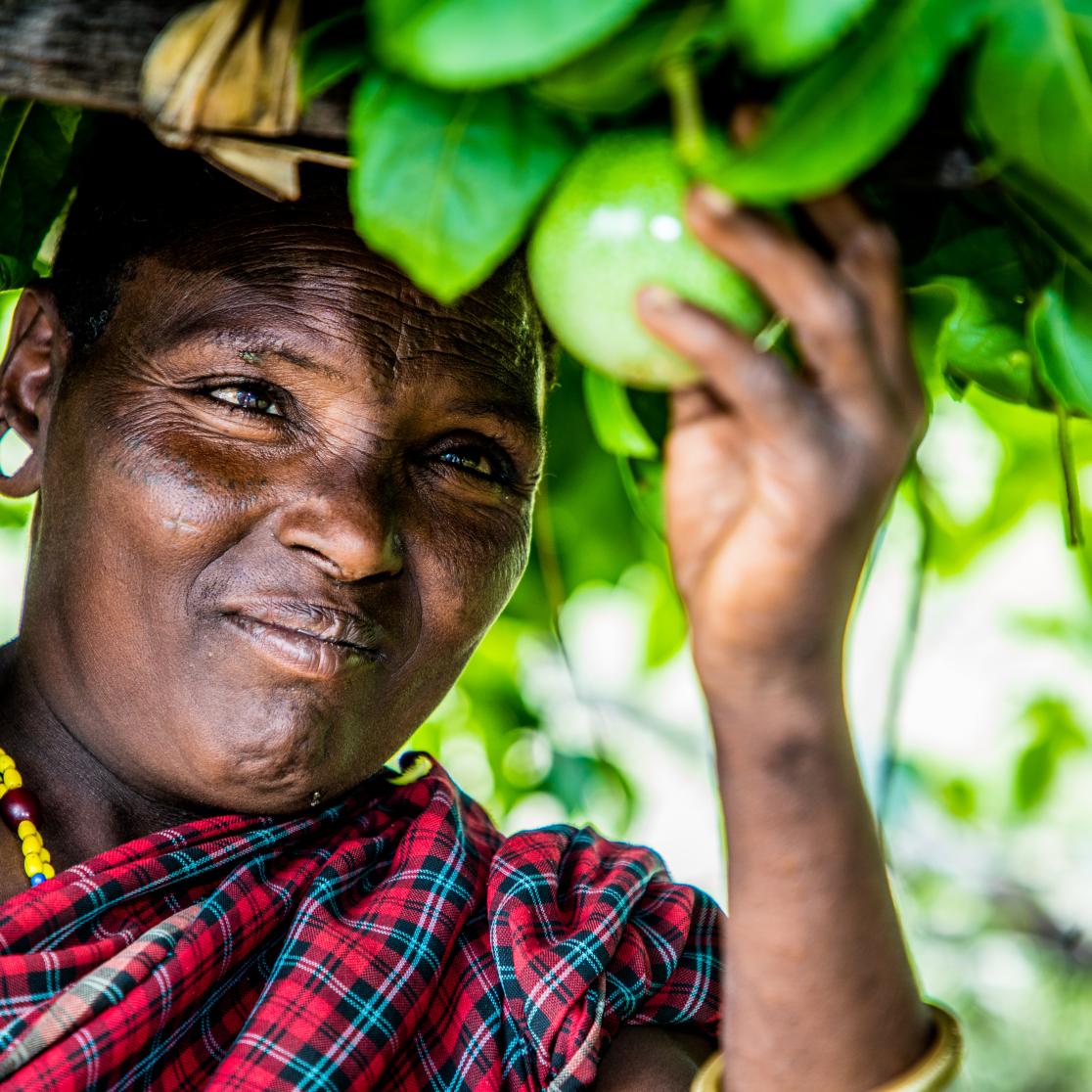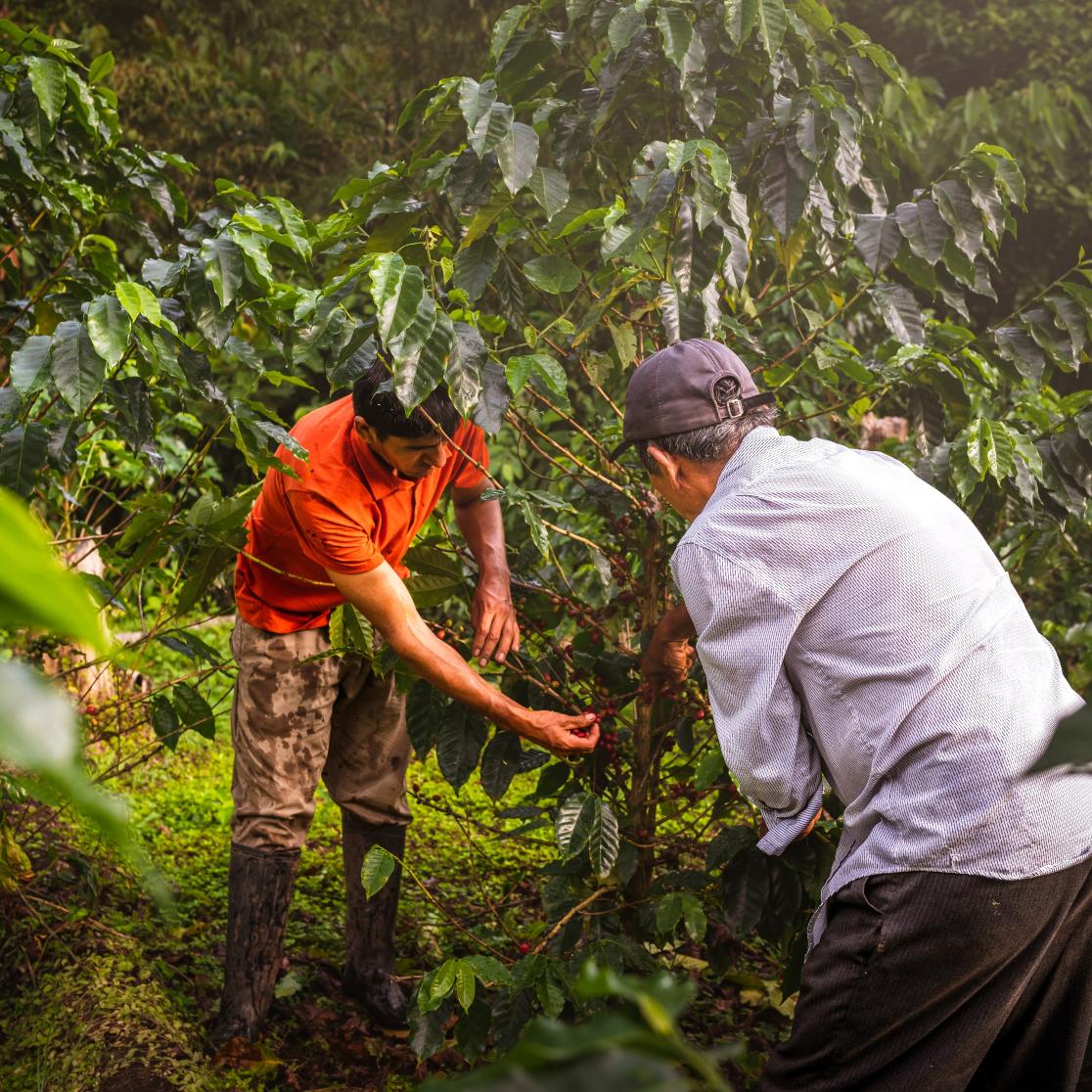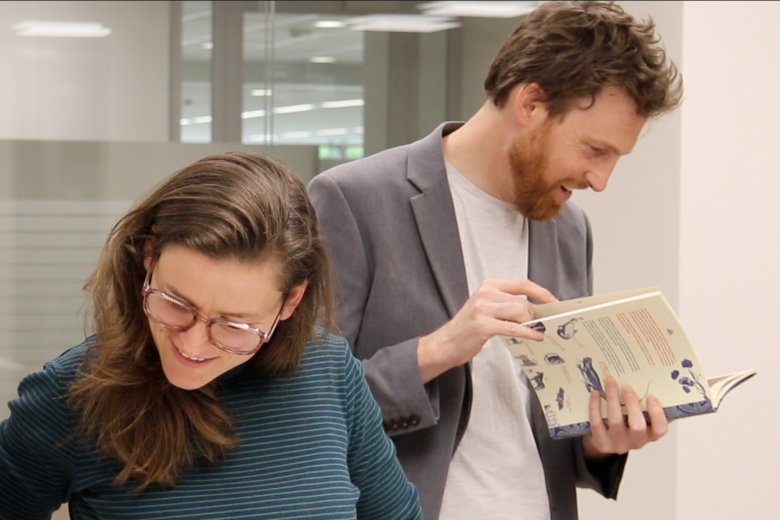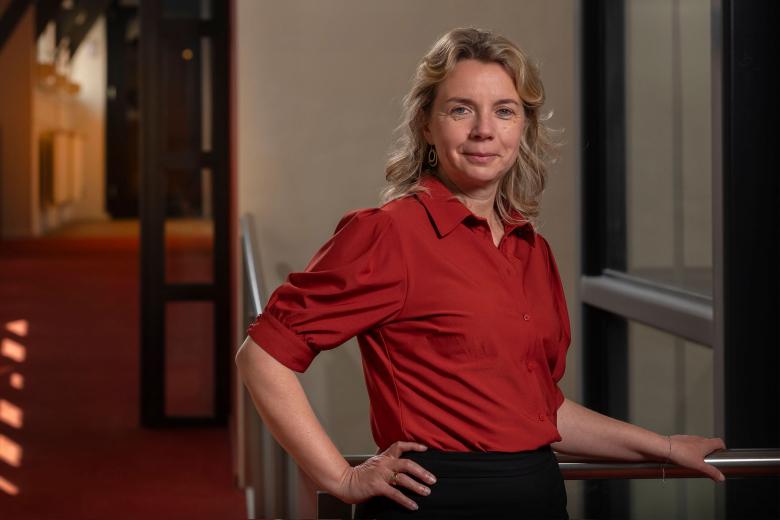Smallholders at the End of the Supply Chain: Fair Carbon Payments for Carbon Farmers in the Global South
For any food and agriculture supply chain actor with a sustainability target, carbon farming is a promising solution. But supply chain actors are not the first to look at carbon farming to meet these targets. What are the consequences, and how can we tackle them?
In the past few years, governments have set and refined their nationally determined contribution (NDC) targets, often incorporating agriculture. Next to countries, the voluntary carbon market (VCM) has been developing carbon removal projects on farm level. In the past, there has been critique on national-level and VCM carbon projects. Most criticism is related to the distribution of benefits, as communities and indigenous people involved in the projects were poorly or not at all compensated for the work.
With supply chain actors recently becoming much more interested in carbon farming and removals, new risks arise that are not well addressed. For supply chain actors, the key risk is contributing to carbon colonialism. This term relates to farmers – especially smallholder farmers – who are excluded from carbon benefits and fair treatment. Therefore, the Fair & Smart Data spearhead has drafted key criteria for supply chain decarbonization with smallholder farmers:

- No double claiming of carbon farming interventions: the company needs to demonstrate that the farmers and their surrounding area (i.e., the geographical area a company can 'claim' removals from under the SBTi guidance, which goes beyond the farm level) have not participated in any of the following:
- (Voluntary) carbon credit schemes (VCM)
- Governmental carbon reduction schemes (NDC)
- Other supply chain decarbonizing schemes, with the same farmers counted in another company's scope 3
- Yearly causality needs to be proven: the carbon farming intervention requires extra labour, investment and costs. Each year the company needs to show that they have contributed to the upkeep and continuation of the carbon farming intervention through payments for ecosystem services. The company needs to ensure that no double claiming of causality is done.
- Transparency in payments to farmers: the exact yearly pay-out for ecosystem services in cash to farmers needs to be transparently shown by the company to prove their causality. It must also demonstrate to other companies sourcing from the same region that the carbon removals and reductions have already been claimed. Transparency also ensures fair payments to the farmers.
- The payments for carbon correlate with carbon prices: if a producing country has a domestic carbon market, that carbon price will be used as a benchmark for the value of the work carbon farmers deliver. Companies will pay the farmers what they would otherwise be paid through the carbon market. If no domestic carbon market exists, the carbon price of the voluntary carbon market price for nature-based ex-post removal credits is used as a benchmark.
- Contracts about carbon can only be signed with informed consent: any farmer who signs a contract agreeing to sell their carbon to a company needs to be fully informed about the alternative routes to monetize their carbon removals and reductions. Companies need to explain the carbon market, the current prices and the projection of the prices for the duration of the contract (e.g., see McKinsey).
- Carbon is a commodity on its own: the carbon a farmer reduces and sequesters can be traded as a product independently from the produce the farmer grows. Carbon payments for ecosystem services can never be used to supplement payments for produce (like Fairtrade or organic labels). Farmers should always receive a fair price for their yields regardless of carbon emitted or sequestered.
The foundational assumption for these key criteria is that farmers, even smallholders, always have access to the voluntary carbon market (VCM). This means that the farmer can decide if they want to participate in insetting/decarbonizing supply chains or if they want to use the VCM to start carbon farming.
This assumption differs from the smallholder farmers' relationship with supply chain actors in selling produce; in those cases, the farmers have only a fraction of the bargaining power because the product is physical and dependent on local supply chains. Project ACORN has proven that smallholders have that bargaining power with carbon, and many other initiatives are doing the same. It is vital not to remove farmers' carbon bargaining power because that would only enforce structural inequality.
Cover and preview photo: Rabobank, ACORN

Also read
-
Writer Frank Nellen and researcher Suzanne Kooloos investigate special book collections
Writer Frank Nellen and researcher Suzanne Kooloos are joining forces to delve into the special book collections of Radboud University and Maastricht University. Their research will serve as inspiration for a joint artistic project. The writer and researcher will be given free rein and will report...

-
Maastricht University recognised among top institutions in CEO Magazine’s 2025 Green MBA Rankings
We are proud to share that Maastricht University School of Business and Economics has been recognised as a top-ranked institution in the CEO Magazine 2025 Green MBA Rankings.

-
Pamela Habibović joins Executive Board Universities of the Netherlands
As of 1 July 2025, Pamela Habibović, UM’s Rector Magnificus, will join the Executive Board of Universities of the Netherlands (UNL).
